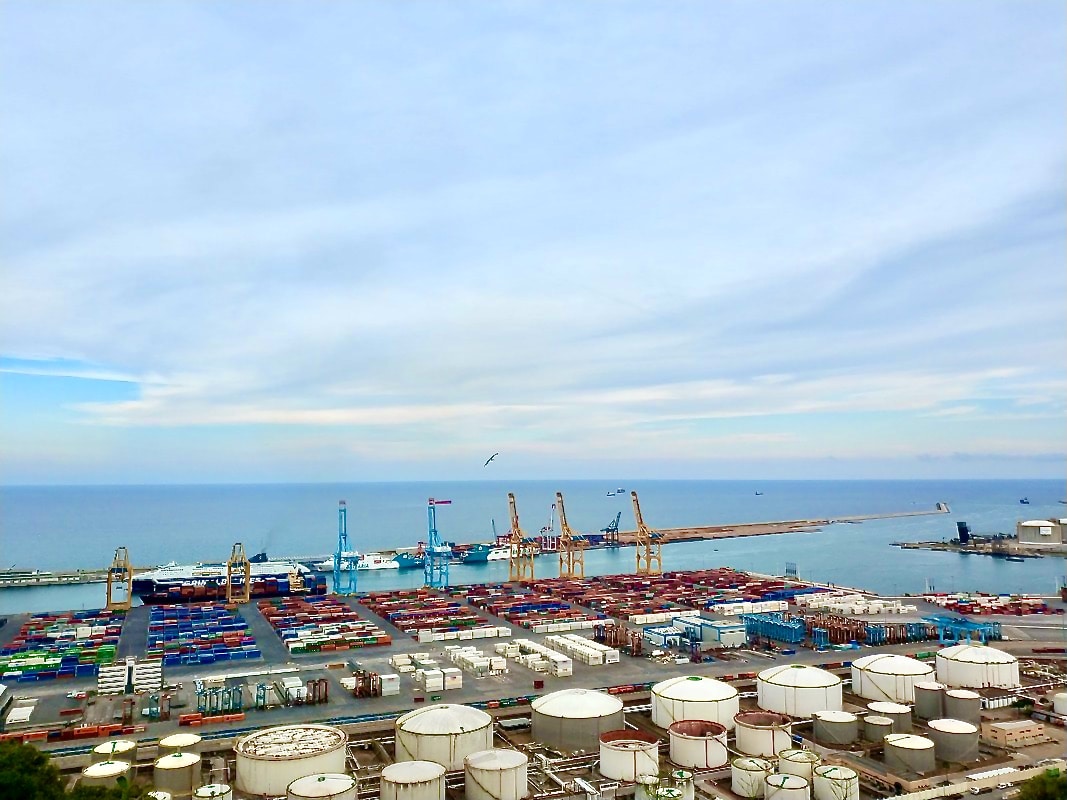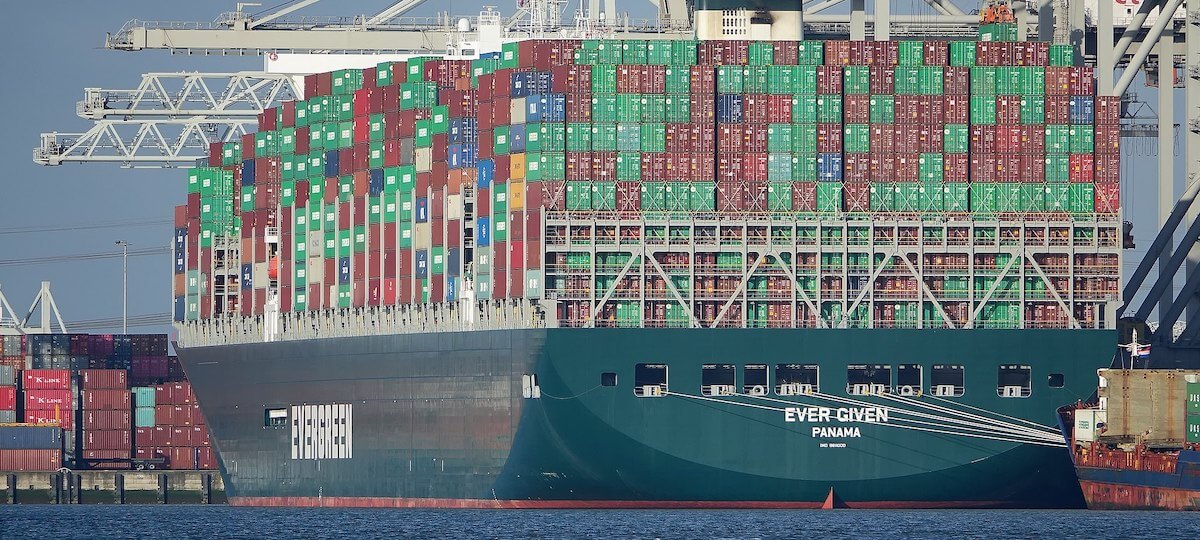The international blockade caused by the container ship Ever Given, chartered by the Taiwanese company Evergreen Line and bound for Rotterdam, has highlighted the fragility that can occur in a globalized world, already evidenced recently by the COVID-19 crisis. It has been seen how a setback can stop everything and have millionaire consequences. Beyond the collapse in international maritime traffic that it has caused, there have been other collateral damage, such as the rise in the price of oil, also making the cost of trade more expensive.
Despite the fact that the Suez Canal traffic has already begun to resume, after the work to re-float the Ever Given, there is still a long way to go to resolve this crisis. Not only because of the investigation that will have to be done to determine the causes of the accident, but also because of all the boats that have been trapped along the way or those that have deviated from the route. Obviously, there will be an impact on the operations of ports such as Barcelona, but it is still too early to quantify it.
The president of the Port of Barcelona, Mercè Conesa, explains that there have not yet been any damages, but that, of course, there will be. Aware of the tensions that can occur once international traffic is fully reactivated, Conesa remarks that they are working to avoid adding more delays when the ships arrive at the enclave, reinforcing management and equipment. “We are preparing to prevent the terminals from becoming a bottleneck. These days the bottleneck has been the Suez Canal, but now what can happen is that the ports are because the terminals cannot operate as fast as necessary ”, he explains.
Conesa points out that the terminals of the Port of Barcelona will have to reschedule the work they had planned for when the ships finally arrive, in addition to organizing more frequent stopovers, accumulating delays and those that had to be produced originally. “The most important thing is that, when all the ships arrive, we have all the operations ready so that the merchandise flows very quickly through the terminals,” he defends. Another issue that may affect them will be the lack of containers, taking into account that they are reused once they arrive and this will depend on the resumption of international traffic. “Everything is delayed,” he stresses.
The first impact on the Port of Barcelona will be this Saturday
Until now, the ships that have arrived in Barcelona coming from the Suez Canal in recent days have been able to do so because they had crossed it before the accident. The route from this commercial artery to the Catalan capital lasts approximately between six and eight days. In other words, there is still room to begin to notice the effects of the traffic jam.
The first consequence of the obstruction of the Suez Canal in the Port of Barcelona will be seen this Saturday, when the first ship affected by the stoppage does not arrive in the Catalan capital. Coincidentally, this ship, which is located in the southern part of the canal, operates on the Evergreen Line. In total, the port estimates that, today, there are about 11 ships bound for Barcelona affected by the incident.
The delay that these ships finally end up having will depend on different factors. Right now, the shipping companies are deciding which is the best option to manage the situation: either wait or change the route, going through the Cape of Good Hope. This deviation means adding between 10 and 12 more days of the route to get to Barcelona and increasing costs. Companies that come from Southeast Asia have already chosen to avoid the Suez Canal and go around Africa, according to the president of the Port of Barcelona. It will also affect if the maximum allowable flow in the Suez Canal is increased, which is usually 50 ships a day maximum. The possibility of increasing the capacity to 100 is being considered, a decision that could considerably reduce the time required to pass the queue of 400 ships that are currently waiting.
Actually, The Port of Barcelona receives between 35 and 40 container ship calls weekly, of which seven correspond to regular maritime container services linking Asia and the Mediterranean, transiting the Suez Canal. They are services with the Far East, the Persian Gulf, the Indian subcontinent and Pakistan or Southeast Asia, which take between 25 and 35 days to complete the entire route. Maersk, Mediterranean Shipping Company (MSC), CMA-CGM, Ocean Network Express (ONE) and Evergreen Line are some of the shipping companies that transport containers to the Catalan capital and will be affected. To these ships must be added the oil tankers and gas transport ships, which usually pass through the Suez Canal from the Arabian Sea area to the Mediterranean.

–


